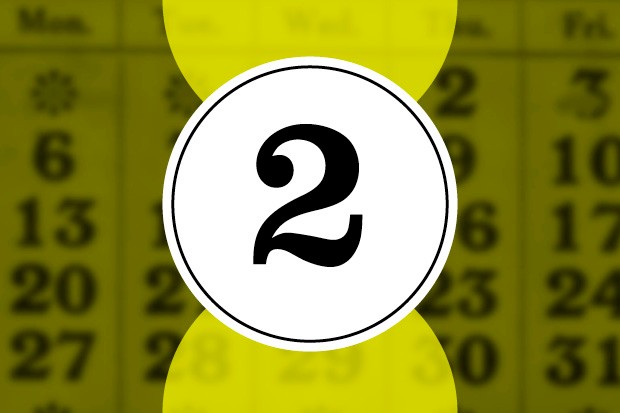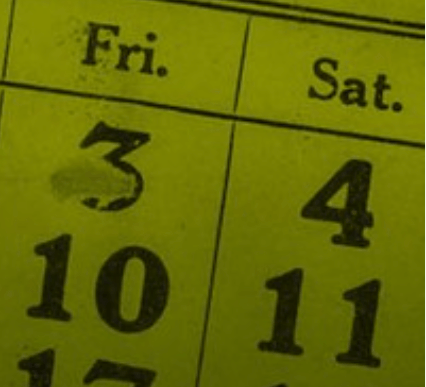2 January: On this day in history
What events happened on 2 January in history? We round up the events, births and deaths…

2 January 1492: Granada falls to the Christians
The last Iberian Islamic kingdom is taken by Ferdinand and Isabella
Every year on the second day of January, the city of Granada celebrates the most important festival in its calendar with marches and processions, bands and banners. But this is more than just another Spanish fiesta. It marks one of the crucial moments in European history: the moment when Islamic Spain breathed its last.
Muslims had occupied Spain for almost eight centuries when, in April 1491, the Catholic monarchs Ferdinand and Isabella ordered the final assault on the last redoubt of Al-Andalus. Granada was renowned as one of the most beautiful cities on the continent, dominated by the jewelled palaces of the Alhambra. But it was also a city exhausted, friendless and isolated, a fruit ripe for the plucking.
For eight months, Boabdil (Abu ’Abdallah Muhammad XII), the last emir of Granada, appealed vainly for help. At last, with the city facing starvation, he accepted the inevitable. On 2 January Boabdil rode out of the city with some 80 retainers to Ferdinand’s camp on the banks of the river Genil. There he glumly handed over the key to the city. Among those watching was a young Genoese man called Christopher Columbus who later, in a letter to Ferdinand and Isabella, recalled seeing “the royal banners of Your Highnesses planted by force of arms on the towers of the Alhambra”.
For the Muslims of Granada, the fall of their city was a disaster. For almost a century their lives would be scarred by persecution, involuntary conversion, unsuccessful revolts and forced expulsion. As for Boabdil, he eventually fled into exile in Morocco. As he quit the city for the last time, he reputedly turned back and gave a great sigh of misery. “Now you weep like a woman,” his mother said, “over what you could not defend as a man.” | Written by Dominic Sandbrook
2 January 1711
The last issue of the thrice-weekly Tatler essay paper was published. Two months later Richard Steele, Tatler's editor, and Joseph Addison, the paper's major contributor after Steele, co-founded The Spectator magazine.
2 January 1769
The schools of the Royal Academy of Arts meet for their first session in Pall Mall, London with Academy President Joshua Reynolds delivering the first of his famous 'discourses' on art.
2 January 1788
Georgia becomes the fourth American state (after Delaware, Pennsylvania and New Jersey) to ratify the United States Constitution.
2 January 1942
Manila, the capital of the Philippines, fell to the Japanese. It was recaptured by the Americans in March 1945 but was almost totally destroyed in the fighting.


Start the year with a subscription to BBC History Magazine - £5 for your first 5 issues!
As a print subscriber you also get FREE membership to HistoryExtra.com worth £34.99 + 50% London Art Fair 2024 Tickets




